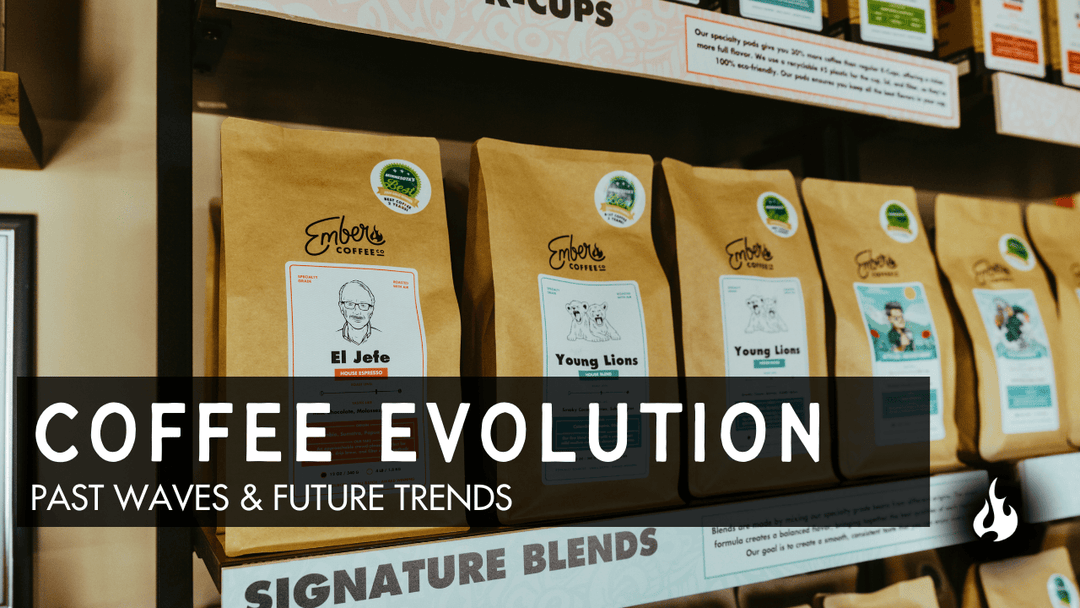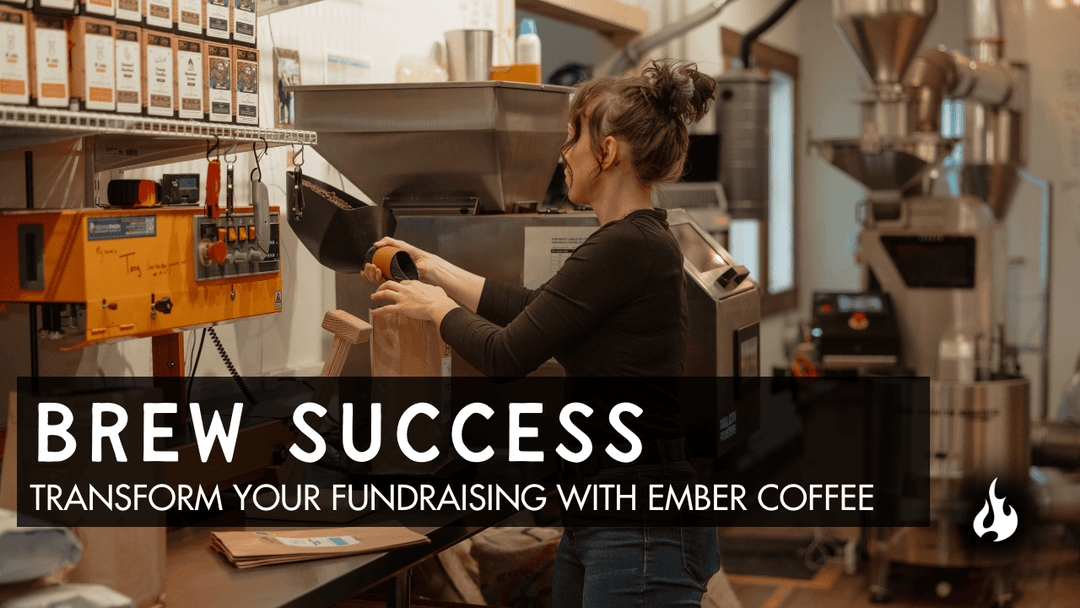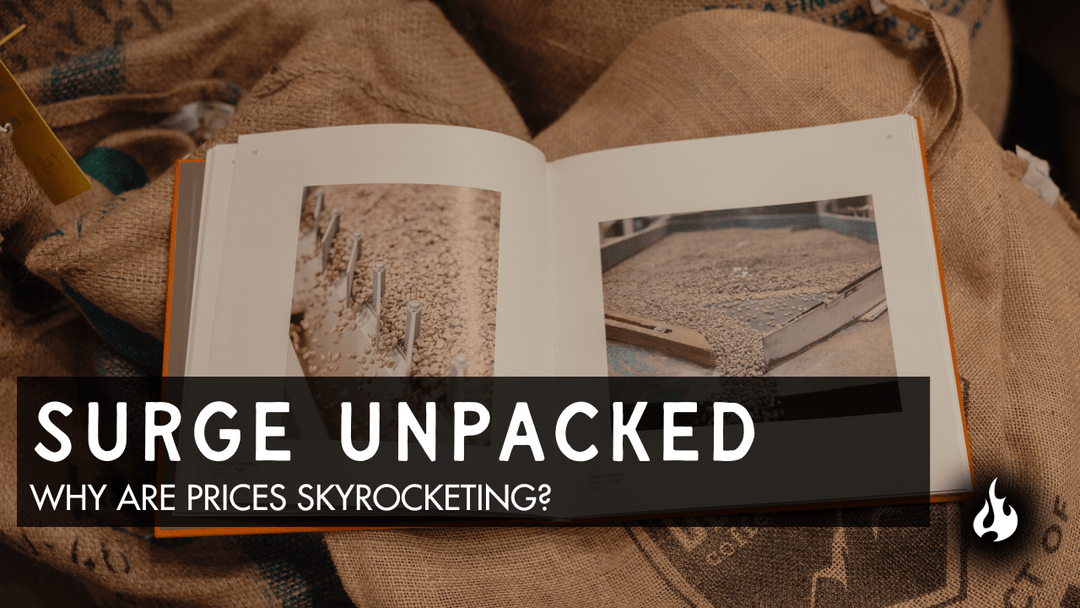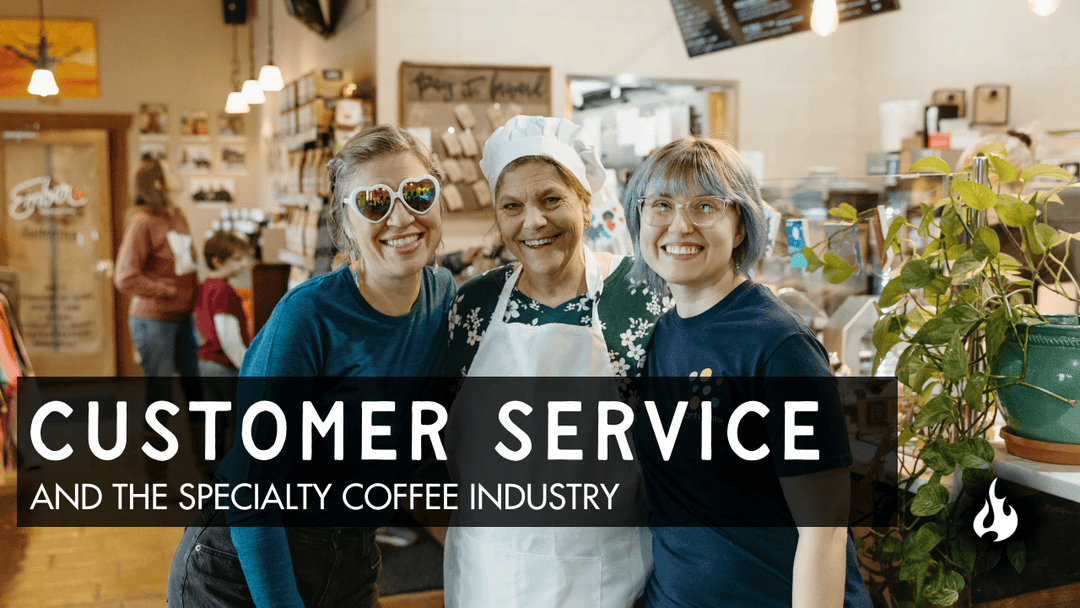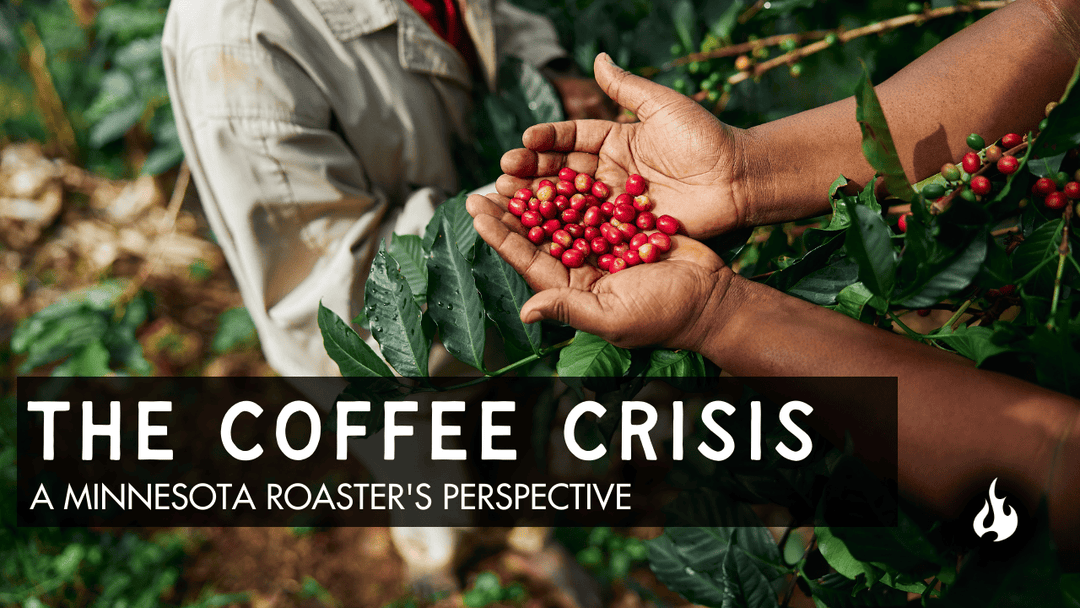How Coffee Tariffs Are Shaking the Industry in 2025
How Coffee Tariffs Are Shaking the Industry in 2025
Coffee connects people. It keeps communities moving and brings comfort into busy days. At Ember Coffee, we care deeply about the people behind every cup, from producers at origin to the small roasters working hard to keep their doors open. That is why the coffee tariff turmoil of 2025 has been one of the most emotional topics in our industry this year.

Coffee connects people. It keeps communities moving and brings comfort into busy days. At Ember Coffee, we care deeply about the people behind every cup, from producers at origin to the small roasters working hard to keep their doors open. That is why the coffee tariff turmoil of 2025 has been one of the most emotional topics in our industry this year.
On April 2025, the administration announced sweeping tariffs on almost all imported goods. Many believed coffee would be spared. It was not.
Vietnam faced a forty six percent tariff.
Indonesia rose to thirty two percent.
Most other producing countries, including Colombia, Peru, and Brazil, were hit with ten percent.
Then came another blow in August. Brazilian goods received an additional forty percent tariff, bringing the total to fifty percent on one of the most important coffee producing nations in the world.
Uncertainty Across the Coffee Supply Chain
After the announcement, confusion took over. Courts questioned whether the tariffs were even legal. The Senate passed a bill to remove tariffs on Brazilian goods. Both the House and Senate pushed bipartisan efforts to exempt coffee entirely. While lawmakers argued, the industry waited for clarity that never came.
Coffee importing is slow and long term. Roasters build contracts months or years in advance. They plan menus, wholesale commitments, and green coffee purchases with care. Tariff chaos made this nearly impossible.

What Roasters Are Really Feeling
To give this story real depth, we researched and collected statements from more than ten roasters across the country to understand how tariffs are affecting their businesses.
Frustration About Costs and Confusion
Many roasters said the tariffs feel pointless and punishing, and we understand why. Most customers never see how volatile, sweeping changes like this affect small coffee businesses. We try to stay out of politics as much as possible, but this situation has hit us hard and it has hit other roasters just as deeply. Coffee is not something the United States can realistically produce at scale, so being taxed twice on a product that cannot be grown here makes the entire situation feel like a challenge with no clear end in sight. With green coffee prices already at record highs, these tariffs push an already strained business model even closer to a breaking point.
Strain on Relationships and Workflow
Some roasters talked about how tariffs pushed them to chase new importers, roast endless samples, and cup constantly in search of cheaper coffees. We felt that pressure too, but we made a different choice. We decided not to jump from importer to importer because we were not willing to sacrifice the quality of our product just to save a little money in the short term. With no clear sense of how long these tariffs will last, protecting quality and consistency felt more important than scrambling for quick fixes that could damage the experience we offer our community.

Worry for Producers at Origin
Several roasters emphasized how deeply tariffs affect farmers at origin. Price swings can easily push producers into financial danger, especially those already operating on razor thin margins. The people who grow coffee are often the most vulnerable in the entire supply chain. Whether tariffs end up being beneficial for the country in the long run is not really the point. What this moment has revealed is how fragile our global supply chain truly is. Coffee, like wheat or beef or steel, relies on cooperation across many countries. When that balance is disrupted, the shock reaches the people who can afford it the least.
A Few Glimmers of Hope
A handful of roasters said this moment pushed them toward deeper direct trade relationships, and we can relate to that. Our own direct trade work with Samaria Coffee Importers began long before any tariff crisis, and it has carried us through a lot of uncertainty this year. Instead of scrambling for new importers or quick fixes, we chose to lean on the good business practices we already had in place and the strong relationships we built long before the chaos began. If there is one takeaway from all of this, it is the importance of staying grounded in your mission. Even as prices rise and the industry faces real challenges, doing the right thing and avoiding overreaction has kept us steady. Some roasters also noticed more customers returning to home brewing, which might spark renewed appreciation for the craft and the people behind it.
What This Moment Means for All of Us
For Ember Coffee, this situation highlights a powerful truth. Coffee is not just a commodity. It is a global relationship shaped by real people who depend on predictable systems and fair policies.
Tariffs disrupt that.
They undermine trust.
They create fear where there should be collaboration.
They make it harder for small businesses to serve their communities.
Yet even in the turbulence, we believe in staying grounded. We believe in sourcing with integrity, roasting with intention, and sharing coffee with warmth. Our commitment to community does not waver when the world becomes unpredictable.

Looking Forward With Resilience
Coffee has always been resilient because the people behind it are resilient. Farmers, importers, roasters, baristas, and everyday drinkers all help keep this craft alive. This week brought a small bit of good news. The recently announced loosening of tariff restrictions removed the baseline ten percent tariff on most coffee imports. It offers a little relief, but the reality is that we are still facing a massive forty percent tariff on Brazilian coffee. Since the green coffee market is largely driven by the price of Brazilian coffee, the pressure remains heavy.
This update does not solve the long term challenges, but it gives us a few glimmers of hope. It also reminds us how fragile the global supply chain can be and how important strong cooperation is between countries. Whether we are talking about coffee, wheat, beef, or steel, everything is connected and everything depends on the relationships built across borders.
No matter what comes next, one thing stays true. Ember Coffee will continue to roast with care, serve with heart, and stay grounded in the mission that guides us. We will keep doing the right thing rather than overreacting to uncertainty. Our commitment to quality, community, and direct trade remains steady.
Together, we will move through this moment and continue creating something meaningful for our community.


